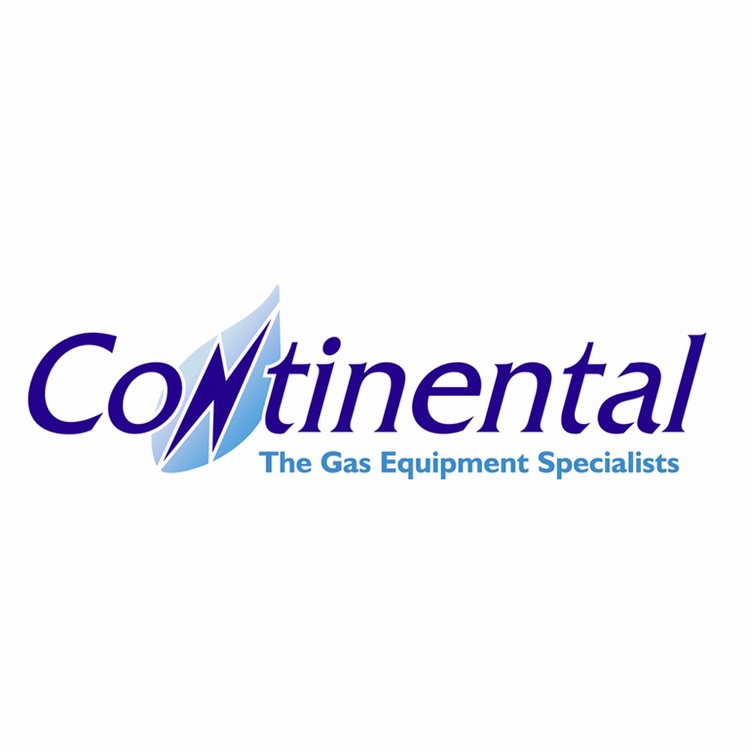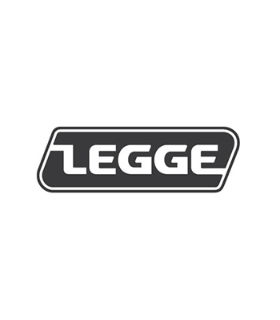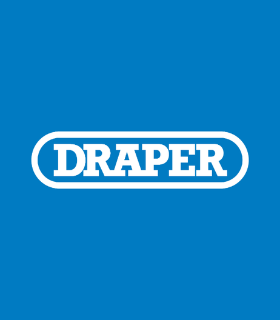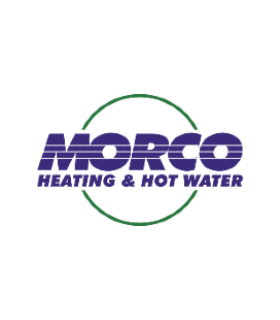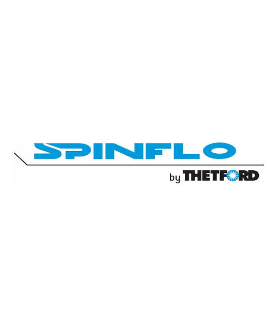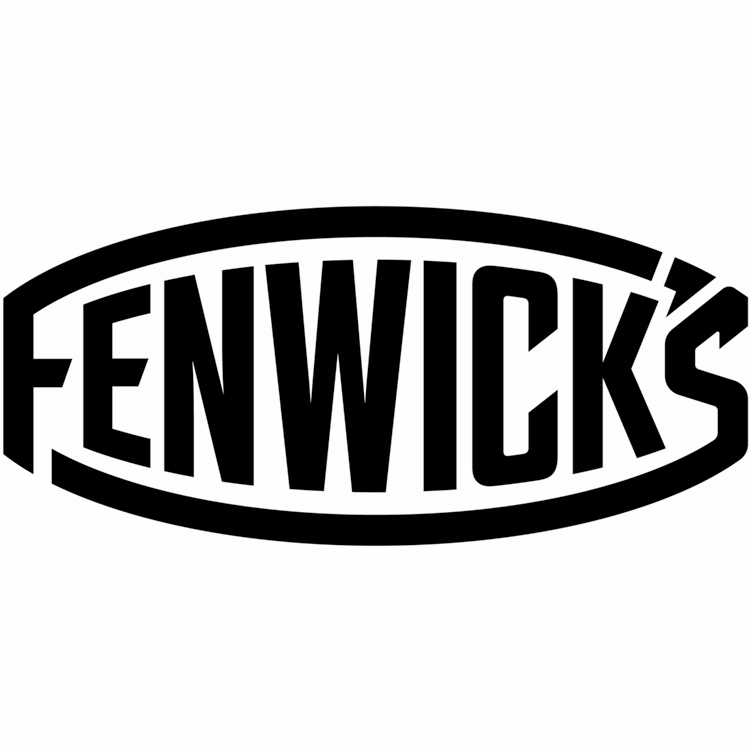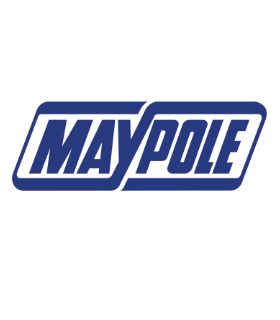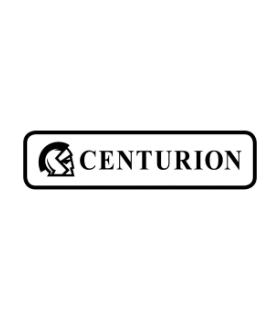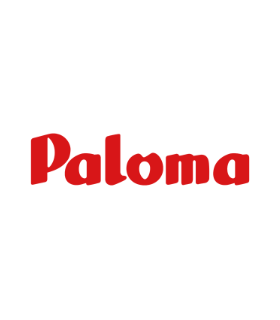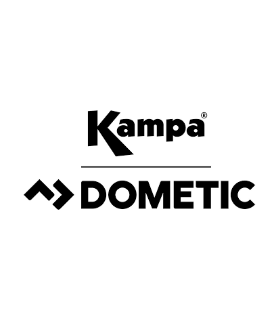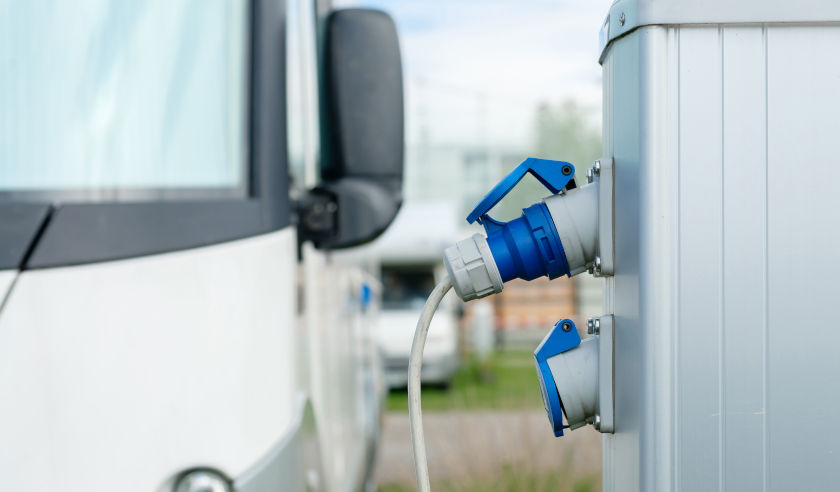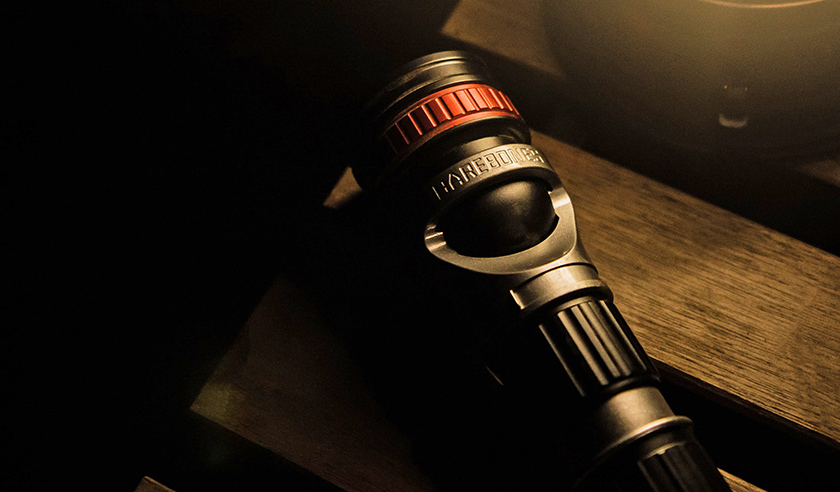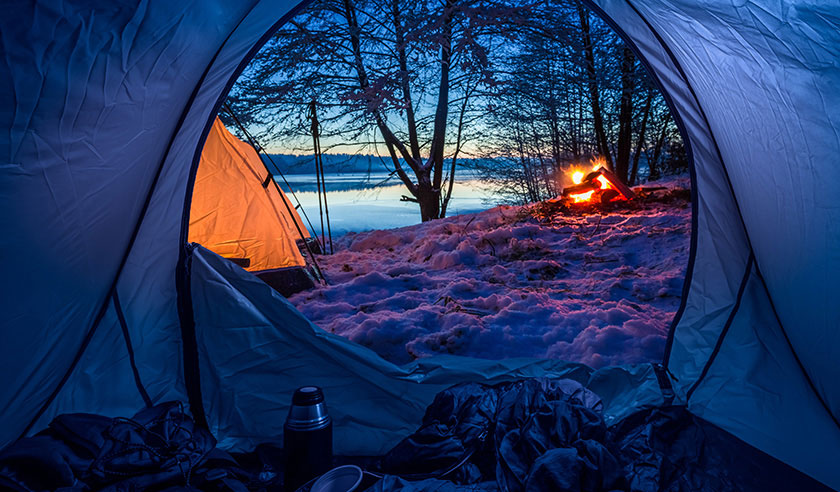When staying on a campsite, if you want to use electrical equipment such as kettles and hairdryers, there are two main ways to power your devices. You can use a leisure battery, similar to a car battery, which gives a 12V supply, or you can use an electric hook-up. This article will take a closer look at electric hook-ups or EHU.
What is an electric hookup?
An electric hook-up gives you the means to have electricity in your tent or touring caravan while staying on a campsite. Most UK campsites offer electric hook-up, and will have both powered and unpowered pitches. Powered pitches have their own safety tested electric power points close to hand. Each power point will have up to eight connection points and each pitch will have access to one of them. The power point allocated to your pitch may therefore not be on your pitch but will not be too far away.
What do you need for an electric hookup?
To make use of an EHU, you will need to buy an electric hook up mains extension lead. Our tent hook up leads and adaptors include the Maypole Mobile Mains Unit as well as the Maypole Mobile Mains Unit With USB which is perfect for your mobile devices. For touring caravans, we stock the Kampa Mains Connection Lead.
The difference between hook up leads for tents and caravans
Tent hook up leads will have a weather-proof, 3-pin plug at one end, which is usually blue, and a damp-proof box at the other end with single or multiple 13-amp sockets; the two ends are connected by a length of cable. Caravan hook up leads have the same male end socket that plugs into the power point but a 3-pin female end socket that plugs into the caravan’s external electric point.
How do you use electric hookups when camping?
The plug on the end of the hook up lead connects to the electric power point for your pitch and the rest of the lead is then fed through into your tent where appliances can be plugged straight into the sockets. Pass the lead through a cable entry point in your tent, rather than through the door where it could be a trip hazard. A caravan hook up lead should be plugged into the van’s external socket.
What to avoid when using electric hook-ups
Never use a domestic extension lead as they are not designed to take the load, not having an inbuilt RCD (residual current device) nor waterproofing. Hook up leads are available in different lengths so ensure you buy the longest you can, to ensure access to the power point for your pitch if it is situated a distance away. Always unwind the cable completely to enable built up heat to disperse and to reduce the risk of overheating.
Do not use your normal domestic kitchen appliances from home as electric hook ups can run low power-consuming appliances only. This is particularly important to remember when on a campsite – you do not want to be the camper that causes an outage and power cut on the site by overloading the system. We offer a range of low wattage appliances that are perfectly suitable for use on a campsite, including kettles and toasters, and electric ovens and hobs. The lower the wattage of the appliances you use, the more devices you will be able to use together safely.
Avoid placing the EHU unit directly on the ground – electricity and water do not mix so raise the unit clear of any damp or wet situations, and do not be tempted to use multi plug adaptors. Instead stick to one appliance per socket only.
Electricity is dangerous for the amateur or the inexperienced, so always buy from a reputable supplier like BEC Ingoldmells who can guarantee the quality and integrity of their products. With almost 50 years’ experience of selling camping and caravanning supplies and spares, we can advise you and help with your requirements. Simply pop in to our shops, call us on 01754 871152 or email us at sales@becingoldmells.co.uk

